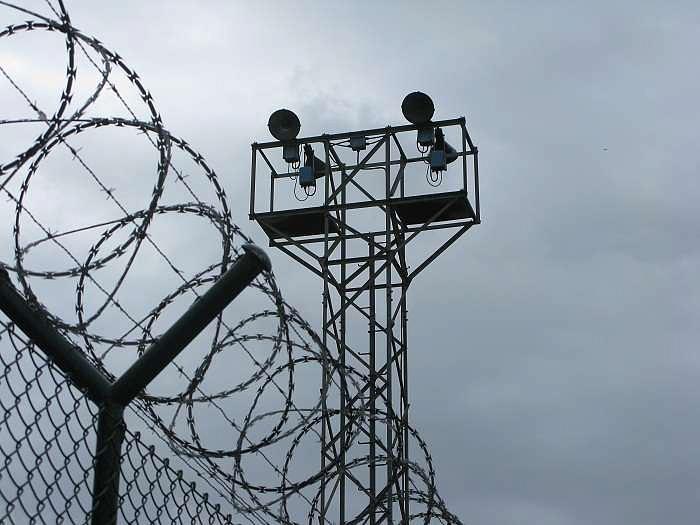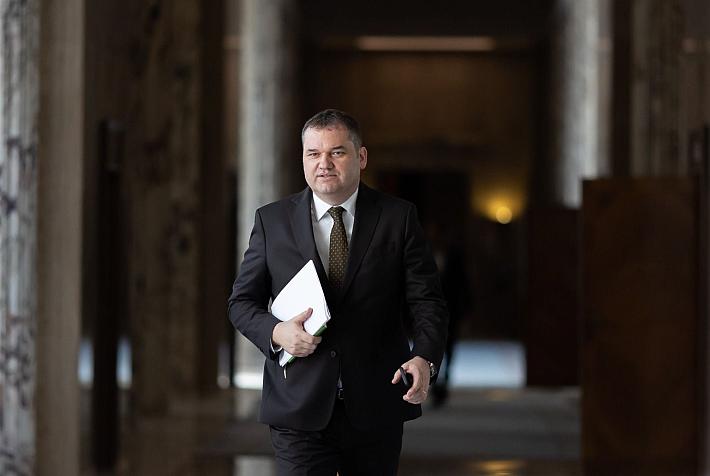UN experts: Prison overcrowding still a problem in Romania

Romania has made progress in improving conditions of detention, but the country still needs to reduce overcrowding in prisons and other places where people are deprived of their liberty, according to UN torture prevention experts.
A four-member delegation of the UN Subcommittee for Prevention of Torture (SPT) was in Romania between May 3 and May 12. During the visit, the experts visited various places of deprivation of liberty including prisons, pre-trial detention and police centres, centres for migrants, border police, social care institutions, and institutions for mental health patients. They also held discussion with Government officials, the People’s Advocate National Preventive Mechanism, and representatives from civil society.
The delegation was made of Aisha Shujune Muhammad, Suzanne Jabbour, Milos Jankovic, and Margret Osterfeld.
After the visit, the experts presented their confidential preliminary observations to the Romanian authorities on how to strengthen the protection of persons deprived of their liberty against torture and cruel, inhuman or degrading treatment or punishment.
“We appreciate the efforts Romania has made and we trust that the continued and increased use of alternatives to detention will continue to have an impact on the number of pre-trial detainees,” said delegation head Aisha Shujune Muhammad.
The situation of detained people belonging to vulnerable groups, such as women, children, people with mental and physical disabilities, and those from minorities should also be closely monitored, she added.
The SPT monitors how states that have ratified the Optional Protocol to the Convention against Torture (OPCAT) are meeting their treaty obligations, including establishing an independent monitoring body known as a National Preventive Mechanism.
OPCAT has to date been ratified by 81 countries. Romania ratified the Optional Protocol in July 2009.
Over EUR 800 million to improve conditions in Romanian prisons
Romania must pay EUR 100,000 to 18 inmates because of overcrowded prisons
Romanian MPs want to grant clemency to white collar criminals who “truly regret” their crimes
Irina Popescu, irina.popescu@romania-insider.com











